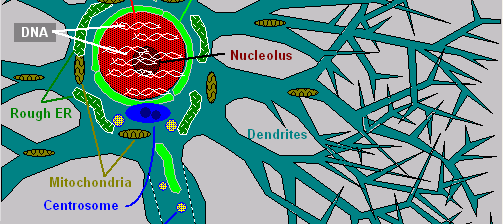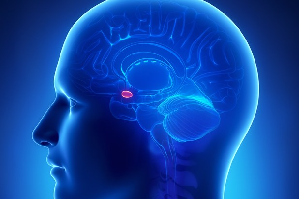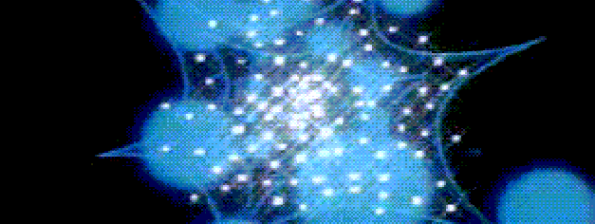18 Aug Neuromorphic Computing

To Mimic is Human When is imitation not flattering or sincere? I try to be sincere in my blogging, and I have tried not to unnecessarily emphasize the computing ability of the human brain, but the whole point of this blog is to imitate it using computers. A neuromorphic (resembling the brain and/or neurons) computing model […]
11 Aug Emotion – The Perturbable Mr. Amygdala

Fear and the Amygdala Have you ever been asked not to be so emotional, or on the contrary, to show more emotion? Or have you been asked to suppress a specific emotion, such as fear? I recall a scene from an Indiana Jones movie in which, after a scene of amazing heroics, a pilot tells […]
03 Aug Exformation vs. Subtext

Many of us humans like to congregate and communicate. Much of our communication, including this blog, is intended to be shared widely and to persist beyond the moment, whether we are attempting to share the thought of the moment, or change the course of human history. When we congregate, whether for a TED talk, a […]
28 Jul The Democratization of Knowledge

Joe Roushar – July 2012 Knowledge is Power Knowledge is concentrated in too few people (Boyle 1996). People in privileged countries and classes have all they want. Many others don’t know what they don’t know. A huge project called One Laptop Per Child is seeking to remedy this one child at a time. This is one […]
21 Jun The Coming Revolution

Another Revolution in Computing – Knowledge Processing Where cognition and computation converge…the brink of the coming revolution? As James Bailey puts it, “The reason today’s electronic computers seem benign is that the true electronic revolution has not happened yet.” Bailey compares our current phase of computerization to the stage of history “when muscle tasks were […]









